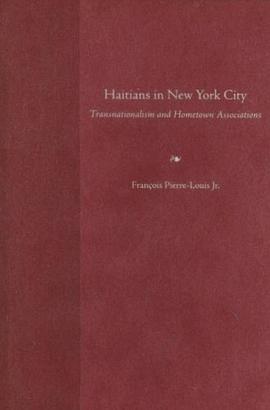
具体描述
Pierre-Louis offers a new perspective on the strategies Haitian immigrants used to adapt to life in the United States and to shield themselves from the harsh discrimination they faced as a minority. Struggling to assimilate while continuing to maintain ties to their homeland, they transformed themselves from Third World exiles into transnational citizens. For the laborers and political refugees who left Haiti in the last half-century, class had always been more important than skin color as a barometer of social standing. To cope with the racial and cultural tensions they encountered, they established structures that allowed them to live a dual life and to preserve an ethnic identity distinct from that of African Americans. The groups they formed-"hometown associations"-emphasized their entrepreneurial spirit, cultural and linguistic heritage, and Haiti's glorious past as the first black republic. At the same time the associations offered them practical training, technical assistance, and networking opportunities. While the immigrants created a political identity in New York City, they also learned to access public resources and compete successfully with other ethnic and minority groups for recognition. In fact, Pierre-Louis shows, the hometown associations encouraged their desire to participate in New York City politics, a finding that turns much of the current literature on transnational politics on its head. The book also presents a background of Haitian migration into the United States, the Haitian government's contribution to that diaspora in the 1960s, and the history of such Haitian American neighborhoods as the West Side of Manhattan and the East Flatbush area in Brooklyn.
作者简介
目录信息
读后感
评分
评分
评分
评分
用户评价
相关图书
本站所有内容均为互联网搜索引擎提供的公开搜索信息,本站不存储任何数据与内容,任何内容与数据均与本站无关,如有需要请联系相关搜索引擎包括但不限于百度,google,bing,sogou 等
© 2026 qciss.net All Rights Reserved. 小哈图书下载中心 版权所有





















